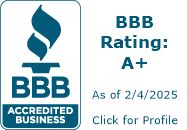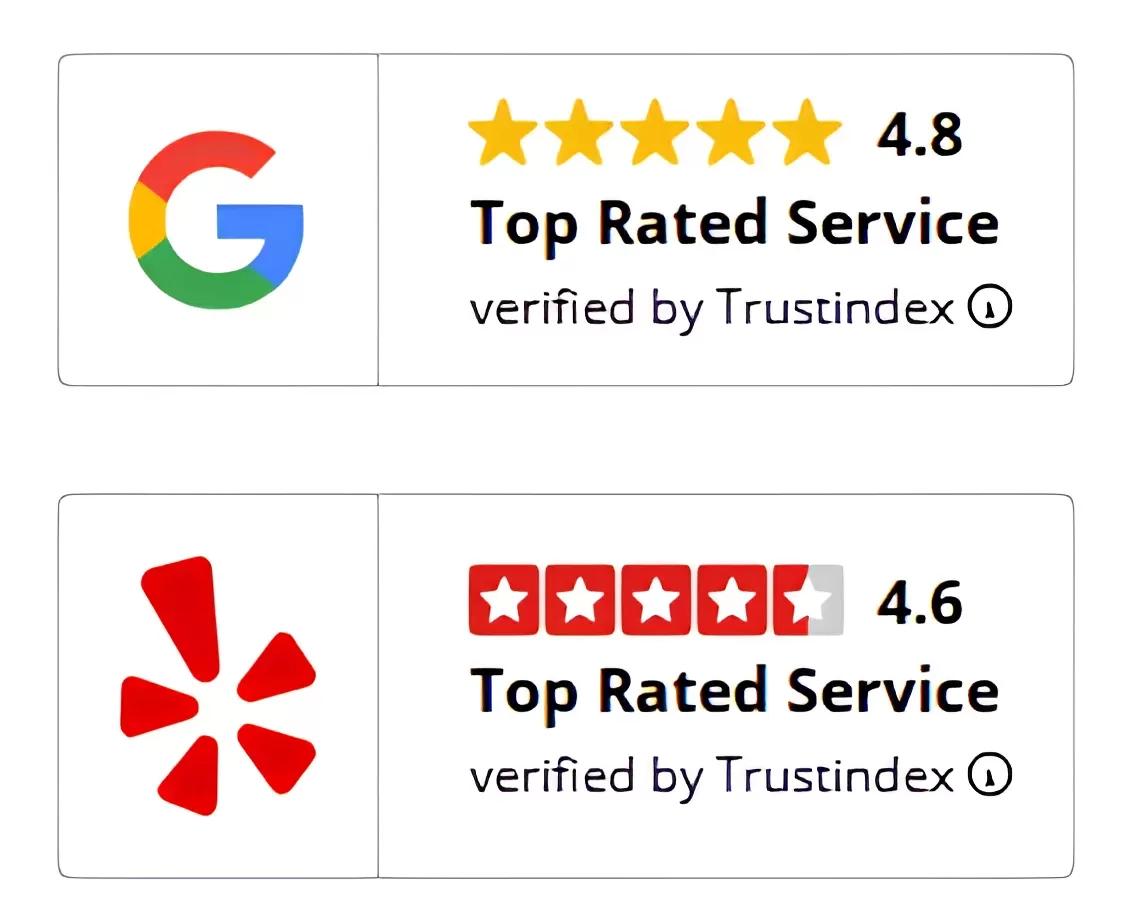Debt Management Plans (DMPs): The Pros, Cons, and Realities
Debt management plans (DMPs), also known as credit counseling plans, are often promoted as a way to consolidate and pay off debt with reduced interest rates. While they can work for some, they come with significant limitations and hidden drawbacks. This guide explores why people consider DMPs, their potential downsides, and alternatives like debt settlement that may offer greater benefits.
Why People Consider Debt Management Plans
DMPs are designed to help individuals struggling with high-interest debt, particularly credit card balances. People turn to DMPs for several reasons:
- Simplified Payments: Combining multiple debts into one monthly payment.
- Reduced Interest Rates: Promises of lowering interest rates to make payments more manageable.
- Avoiding Bankruptcy: Seeking an alternative to the stigma and long-term impact of bankruptcy.
- Desire to Pay Debts in Full: Individuals who want to repay what they owe.
Who Uses Debt Management Plans?
DMPs are often marketed to:
- Young Professionals: Looking to manage high credit card debt accrued during their early careers.
- Families: Seeking relief from rising household expenses and credit card balances.
- Average Credit Card Debt: In 2024, American households carried an average of $9,000 in credit card debt.
- DMP Enrollment Rates: Only a small percentage of eligible individuals enroll in DMPs due to stringent requirements and limited creditor participation.
- Success Rates: Less than 50% of individuals enrolled in DMPs complete their plans, often due to financial strain or unexpected expenses.
- Limited Debt Relief
- Interest Rate Reductions: Many creditors now offer only modest reductions, leaving high balances that take years to pay off.
- No Principal Reduction: DMPs do not reduce the total amount owed.
- Long Repayment Periods
- Duration: Most plans last three to five years, requiring strict adherence to payments.
- Missed Payments: Missing even one payment can result in being dropped from the plan.
- Hidden Costs
- Monthly Fees: Agencies often charge monthly fees that add up over time.
- Upfront Costs: Initial setup fees can further strain finances.
- Impact on Credit
- Closed Accounts: Credit card accounts included in the plan are typically closed, which can lower credit scores.
- Long-Term Effects: Participation in a DMP is noted on your credit report, which may deter future lenders.
Real-Life Horror Stories
Debt management plans often come with unexpected challenges. Here are some shared experiences:- Reddit User: “I enrolled in a DMP to lower my credit card interest rates, but the fees ate up most of the savings. I ended up leaving the plan and negotiating with creditors myself.” — Reddit User
- Quora Contributor: “My DMP lasted four years, but I missed one payment during a family emergency. They dropped me, and all my creditors reinstated the original interest rates.” — Quora Contributor
- Yelp Reviewer: “The agency promised to reduce my interest rates significantly. Only one creditor agreed, so I was stuck paying high rates for the rest.” — Yelp Reviewer
- Social Media Post: “I thought a DMP would protect my credit, but closing all my accounts tanked my score. I felt betrayed.” — Social Media Post
- Forum Comment: “The monthly fee seemed small at first, but over five years, I paid thousands to the agency on top of my debts.” — Forum Comment
Why Debt Settlement May Be a Better Alternative
Debt settlement provides an opportunity to resolve debt faster and with less financial strain than a DMP. Here’s how:
- Principal Reduction: Unlike DMPs, debt settlement focuses on negotiating the total amount owed, potentially reducing it significantly.
- Shorter Timeframe: Most debt settlement programs are completed in 24-48 months, compared to the extended timeline of DMPs.
- No Long-Term Contracts: You have more flexibility and control over your payments.
- Privacy: Debt settlement is not reported to creditors in the same way as a DMP.
- “Debt settlement helped me pay off $40,000 in credit card debt in just three years. I avoided the long commitment of a DMP and saved money.” — Google Review
- “I was hesitant about debt settlement, but CuraDebt negotiated with my creditors and gave me peace of mind. It was the best decision I made.” — Yelp Testimonial
- “I got out of debt faster and saved money compared to what I would have paid through a DMP.” — Reddit User
Overcoming Fear and Taking Action
If you’re struggling with debt, it’s essential to explore all your options and choose the one that aligns best with your financial goals:
- Debt Settlement: A flexible, faster alternative to resolving debt.
- Personalized Plans: CuraDebt tailors solutions to your unique financial situation.
- No Hidden Fees: Transparent pricing ensures you know exactly what to expect.
“Success is not final, failure is not fatal: it is the courage to continue that counts.” — Winston Churchill
“The secret of getting ahead is getting started.” — Mark Twain
“Don’t wait. The time will never be just right.” — Napoleon Hill
Take the First Step Toward Financial Freedom
Debt management plans aren’t the only option. Contact CuraDebt for a free consultation to explore alternatives like debt settlement that can help you regain control of your finances. Call today to take the first step toward a brighter financial future.



